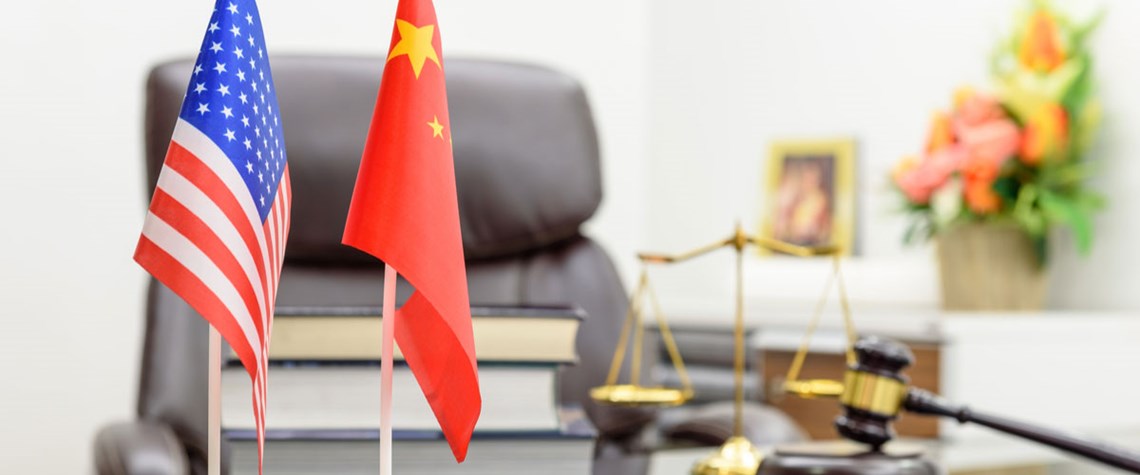Mission net zero: part three—geopolitics
US-Sino tensions could hinder global co-operation on climate and divert government spending away from net-zero push
The breakdown in relations between China and the US in recent years may have appeared no more than a Trumpian aberration to some. But based on actions and rhetoric by both sides since President Joe Biden took office it has become increasingly obvious we are in the early days of a New Cold War—with China leading an authoritarian bloc and the US attempting to lead a democratic one. This third and final part of the “Mission net zero” series for Transition Economist looks at the most blatant actions and rhetoric by China and the US over the past six months and explores the ways in which a New Cold War could divert attention and resources away from achieving net zero by 2050. Since becoming presi

Also in this section
9 January 2026
A shift in perspective is needed on the carbon challenge, the success of which will determine the speed and extent of emissions cuts and how industries adapt to the new environment
2 January 2026
This year may be a defining one for carbon capture, utilisation and storage in the US, despite the institutional uncertainty
23 December 2025
Legislative reform in Germany sets the stage for commercial carbon capture and transport at a national level, while the UK has already seen financial close on major CCS clusters
15 December 2025
Net zero is not the problem for the UK’s power system. The real issue is with an outdated market design in desperate need of modernisation







